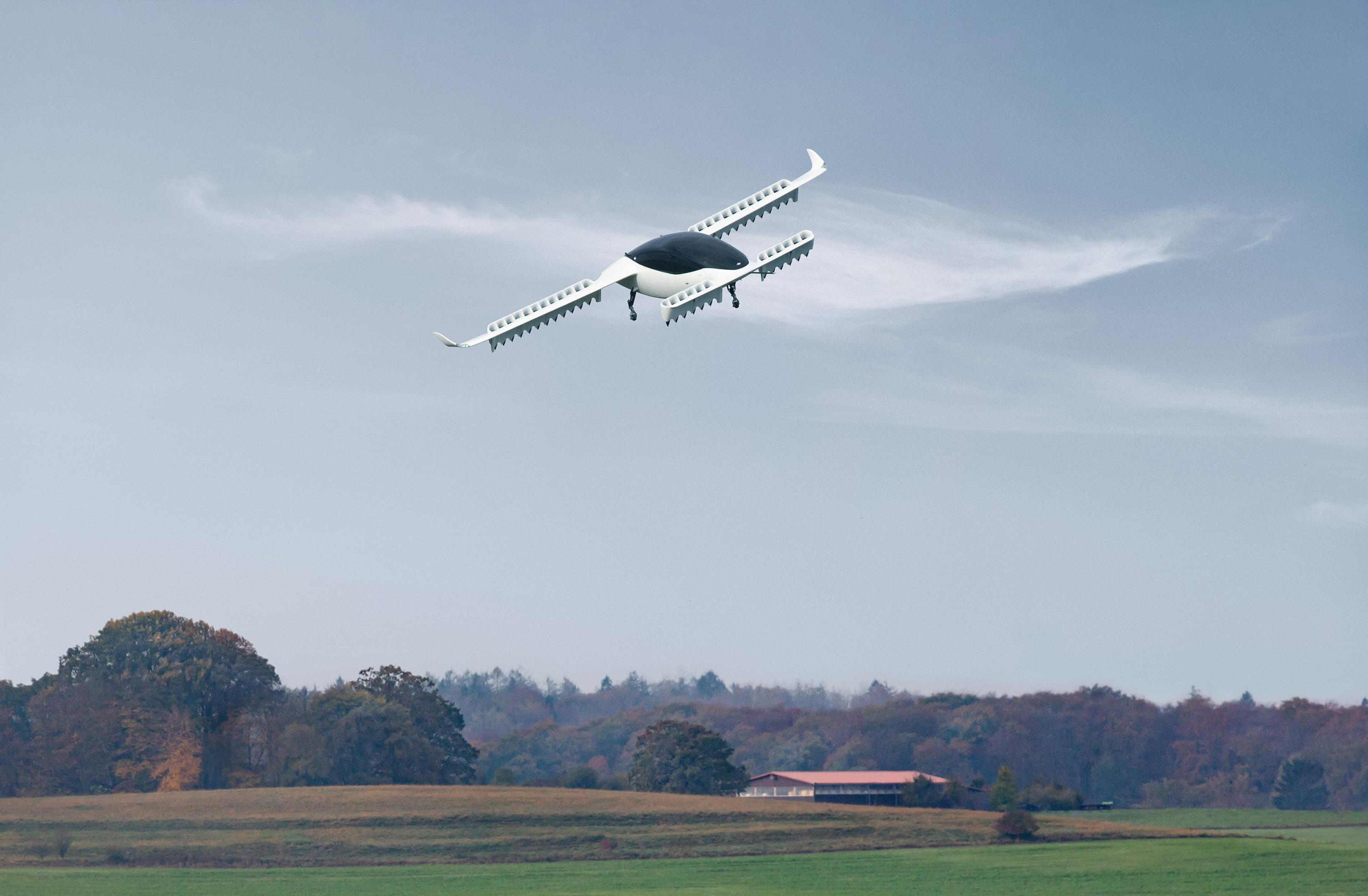
Electric vertical-takeoff-and-landing startup Lilium has raised an additional $35 million from Baillie Gifford, a Scotland-based investment management partnership with investments in SpaceX, Tesla, Amazon and other technology companies.
The latest investment takes funding raised by Lilium to more than $375 million and includes $240 million received in March from existing investors including UK-based Atomico, Germany’s Freigeist Capital, Switzerland-based LGT Capital Partners and China’s Tencent.
While the $275 million raised so far in this round is less than the $590 million raised by electric vertical-takeoff-and-landing (eVTOL) air taxi developer Joby Aviation in January in its Series C round, Lilium says its “pit stop” strategy involves raising funds when the right opportunities present themselves.
“This funding round in general is designed to carry us through further flight testing of our existing technology demonstrator, preparation for serial production and the development of our commercial operations,” a Lilium spokesperson told Aviation Week.
After raising $240 million in March, Lilium said the funding gave it at least 18 months of runway. With the additional $35 million, “the funding to date gives us more security than we have ever had before and certainly enough to develop a fully mature series prototype that is ready for production,” he said.
Despite restrictions imposed by the COVID-19 pandemic and the loss of its first test aircraft in February, Lilium said it remains on track to enter the market by 2025. Around 400 of the company’s 450 employees are working from home, while a small team is working on the second aircraft.
The first aircraft, which Lilium described as a “full-scale, full-weight prototype” when it first flew in May 2019 but now calls a technology demonstrator, was damaged beyond repair by a ground fire during maintenance at Lilium’s base at Oberpfaffenhofen near Munich in Germany.
Novel coronavirus restrictions have so far prevented a return to flight. “Flight testing will commence once the relaxation of regulations allows us to do so,” Lilium said. “The second demonstrator will be ready to fly by that point, perhaps in a couple of months from now.”
An independent third party to investigate the fire “has confirmed there are no fundamental issues with the design of technology of the aircraft. We’ve used it as and learning experience to continue maturing our processes to ensure we don’t see the same issue twice,” Lilium said.
“Our aircraft was a tech demonstrator that we started to build several years ago while we were still a team of less than 20,” the company said. “It’s therefore understandably not fully mature and any development program can face similar hurdles–that’s one reason we built a second aircraft.”
Long-term, Lilium does not anticipate any impact on its business plans from COVID-19. “Given our focus is on local and regional air travel rather than national or international travel, and the small size of the aircraft, we believe that the Lilium jet will be well suited to this new future of travel,” the company said.
The latest investment in Lilium puts a valuation on the startup of more than $1 billion, making it a unicorn in financial terms. Joby became the first eVTOL unicorn in January and has so far raised $720 million, including $394 million from automaker Toyota. Germany’s Volocopter has so far raised more than $130 million and China’s EHang $92 million. Several other eVTOL developers are backed by wealthy individuals.





